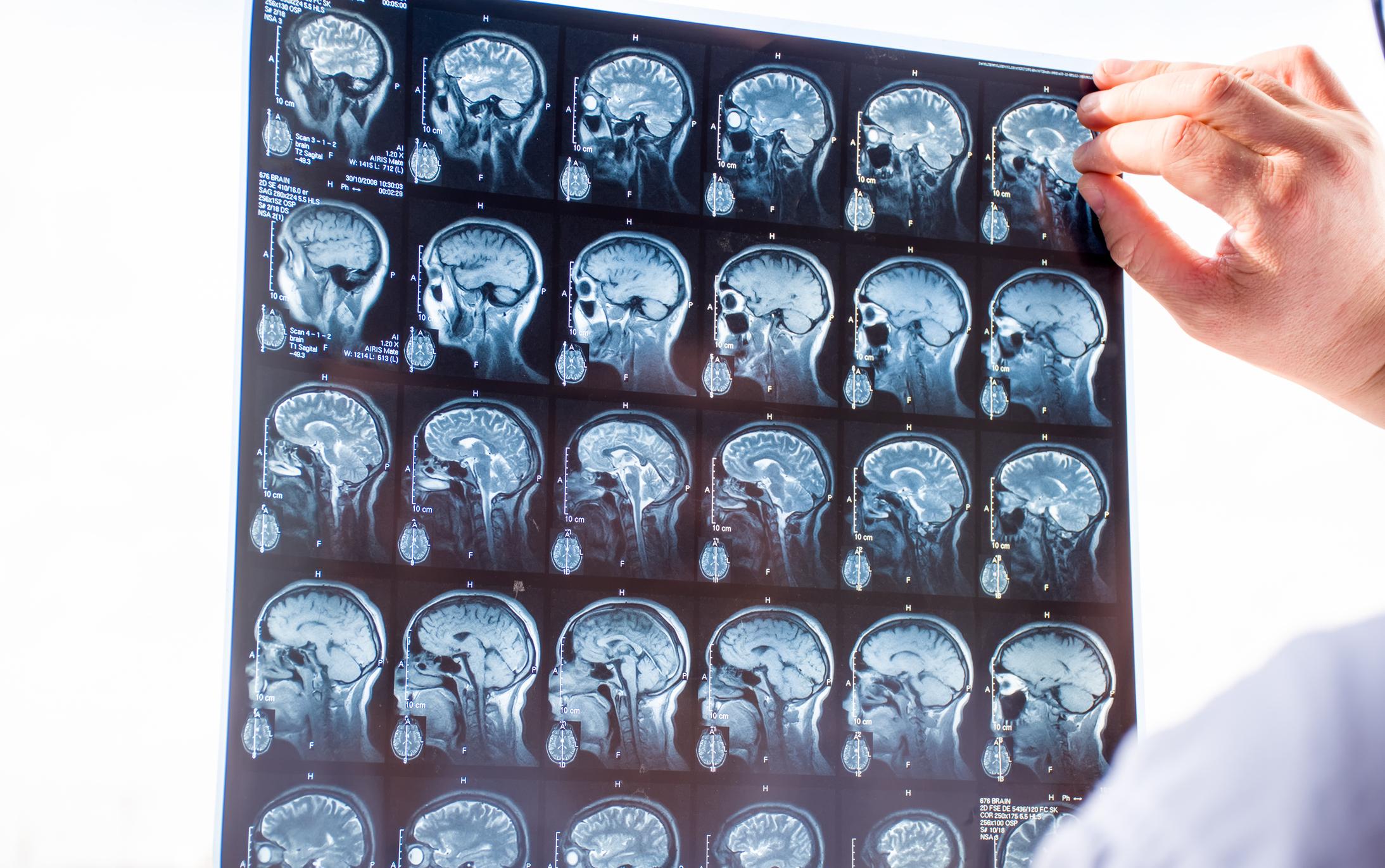Gabapentinoids are commonly used medications for epilepsy, nerve pain, and anxiety disorders.

Gabapentinoids – drugs used for epilepsy, nerve pain and anxiety disorders – are associated with an increased risk of suicidal behavior, overdose and traffic accidents, according to a new search published by the BMJ. The risks are higher among young people between the ages of 15 and 24, in particular because of the overconsumption of alcohol and drugs. Until now, the data on the side effects of these drugs have been contradictory and coutermist.
Coordination disorders
Prescriptions for these drugs have risen sharply in recent years, with gabapentinoids now among the top 15 best-selling treatments worldwide. But the fact that these substances are also used as substitutes for opioids or for recreational purposes has also led to restrictions in several countries, including the United Kingdom.
The medical records of 191,973 people who were prescribed pregabalin or gabapentin were analyzed. The aim was “to examine the associations between gabapentinoids and adverse effects related to coordination disorders (head or body injuries, accidents or traffic violations), mental health (suicidal behavior, unintentional overdoses ) and crime”.
10,026 suicidal behaviors or suicides
During treatment periods, participants had a 26% increased risk of suicidal behavior or death by suicide, a 24% increased risk of overdose, a 22% increased risk of head or body injury, and a increased risk of traffic offenses by 13%. The association of gabapentinoids with violent crime was less clear.
10,026 participants (5.2%) engaged in suicidal behavior or died by suicide, 17,144 (8.9%) overdosed, 12,070 (6.3%) suffered a traffic or committed an offence, 70,522 (36.7%) suffered head or body injuries and 7,984 (4.1%) were arrested for violent crimes. Potential interactions of drugs with alcohol or drugs have not been taken into account.
Derek Tracy, consultant psychiatrist at Queen Mary’s Hospital in London, says in an editorial that this study provides “strong data to inform patients about the risks associated with treatment”, although gabapentinoids “remain a valuable treatment option for many people. “.

.

















